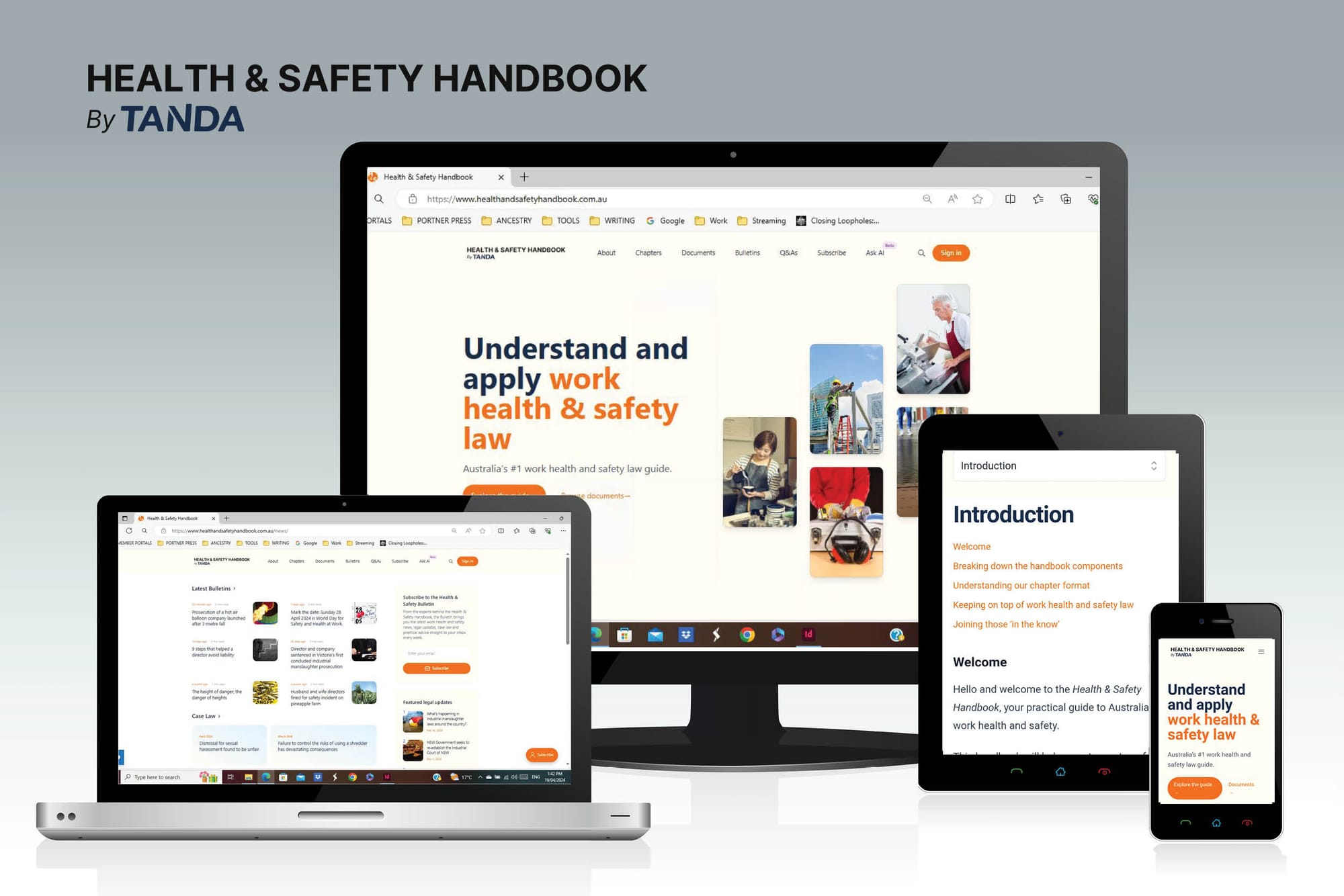Bad blood or bullying? Context is key
In stop-bullying applications, the Fair Work Commission (FWC) often encounters cases where innocent or innocuous words said by one employee to another are alleged to be unreasonable because of the context or tone of delivery.
The FWC resolves this by an objective test that asks: Would a reasonable person, having regard to all the circumstances, consider the behaviour to be unreasonable? This is difficult when the FWC has to rely on the subjective impressions of context or tone given by witness testimony.
In one such case (Brinkworth 2024), a retail worker alleged her supervisor bullied her by:
- repeatedly training her in tasks she already knew how to do;
- making pointed personal comments; and
- speaking over her, and changing her mind regarding tasks and instructions.
The FWC ruled the issues between the employees was due to them having very different personalities and communication styles, and neither having the knowledge or processes in place to properly manage escalating tensions. The supervisor’s communication style was direct and blunt, but this did not automatically translate into bullying behaviour. Each employee interacted with the other in the wrong way, even when there was no intention to be hurtful.
In one example, the supervisor shared a story about the outdated views her father held with regards to women performing roles that required lifting heavy objects. The applicant claimed this was a pointed personal comment about her; however, the FWC accepted the supervisor’s evidence of the context of this conversation, namely she was sharing stories about her upbringing.
The FWC observed that the misconstrued or poor interactions between the two employees built up to the point that it was unproductive for the workplace and damaging to their mental health. This justified the employer’s actions in separating the applicant and her supervisor by moving the applicant to a different section of the grocery store.
The FWC ruled the employer managed the applicant’s concerns clumsily, and should have been more transparent and consultative – but the supervisor’s conduct was not bullying.
Correction: In our last bulletin, we stated that superannuation was an excluded category of payment for the wage theft laws. This is incorrect – superannuation is included.

Making health & safety law easy to understand.
The law is complex, and it’s always changing. The Health & Safety Handbook helps business owners and practitioners make sense of the law, so they can operate with confidence.
Get the latest employment law news, legal updates, case law and practical advice from our experts sent straight to your inbox every week.

